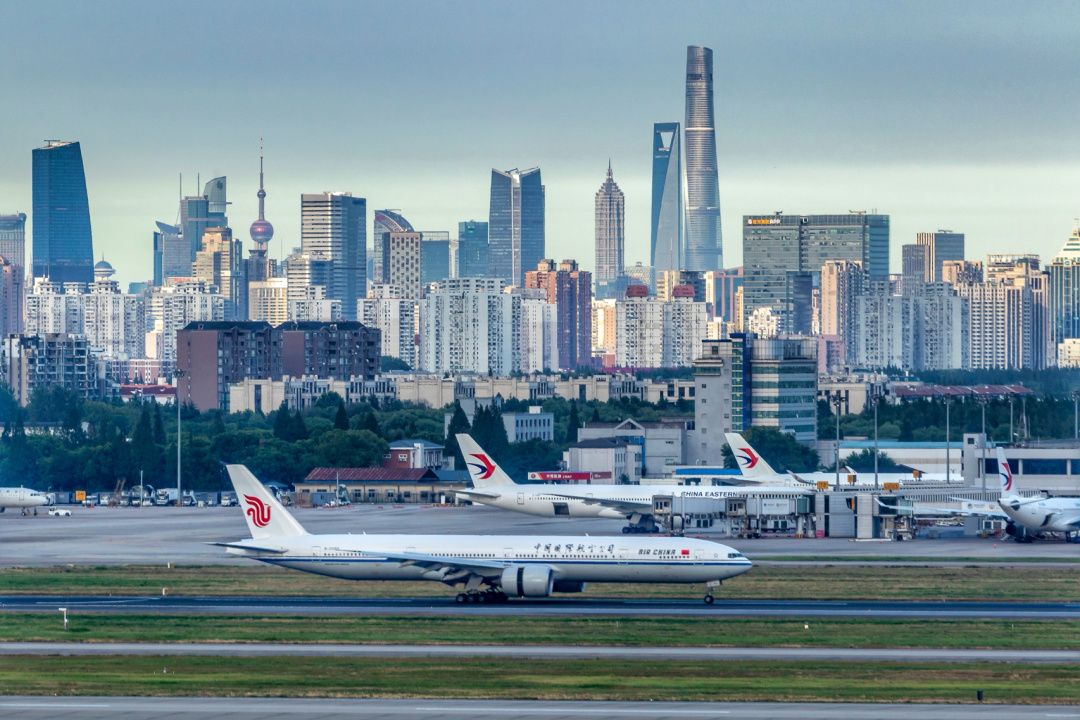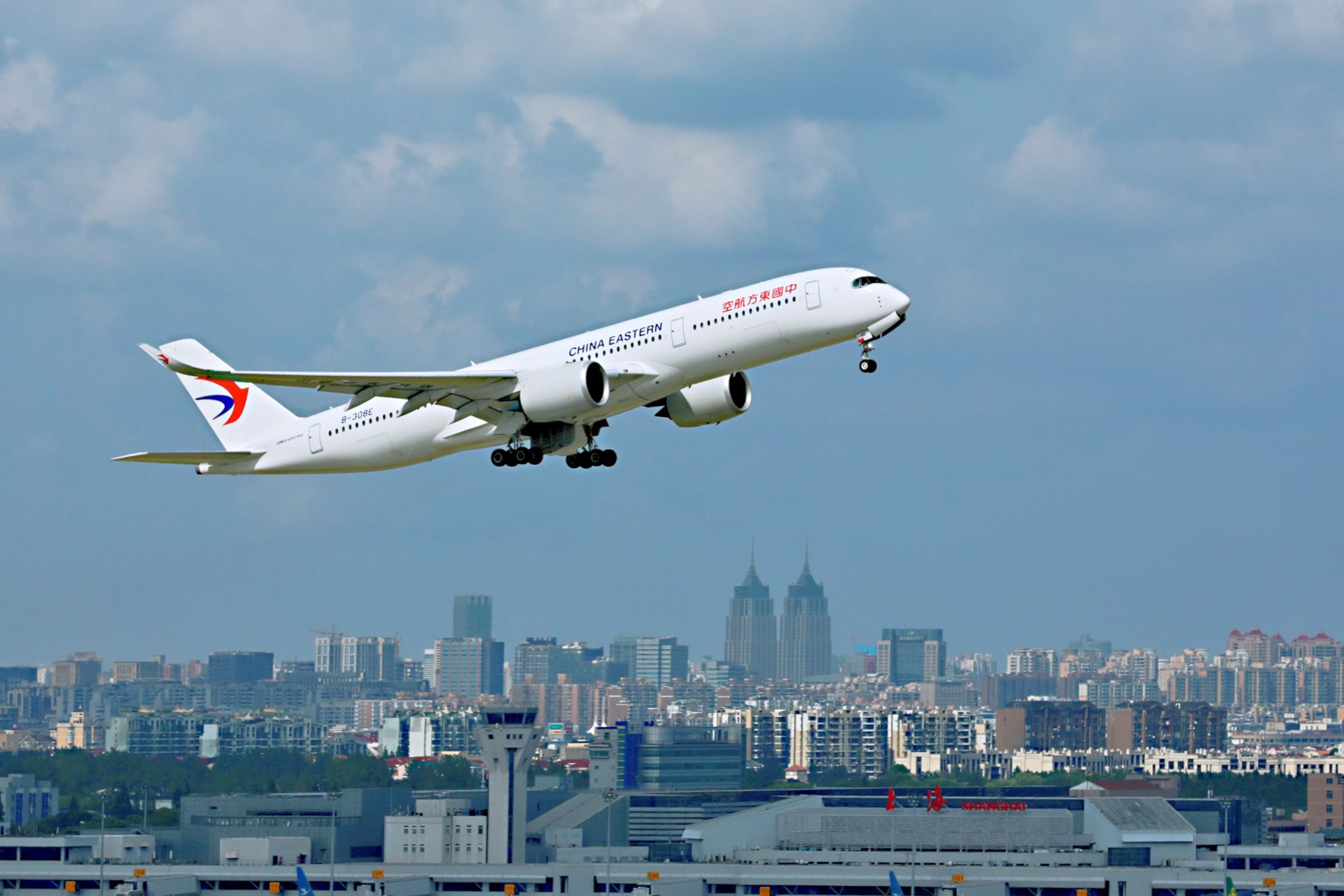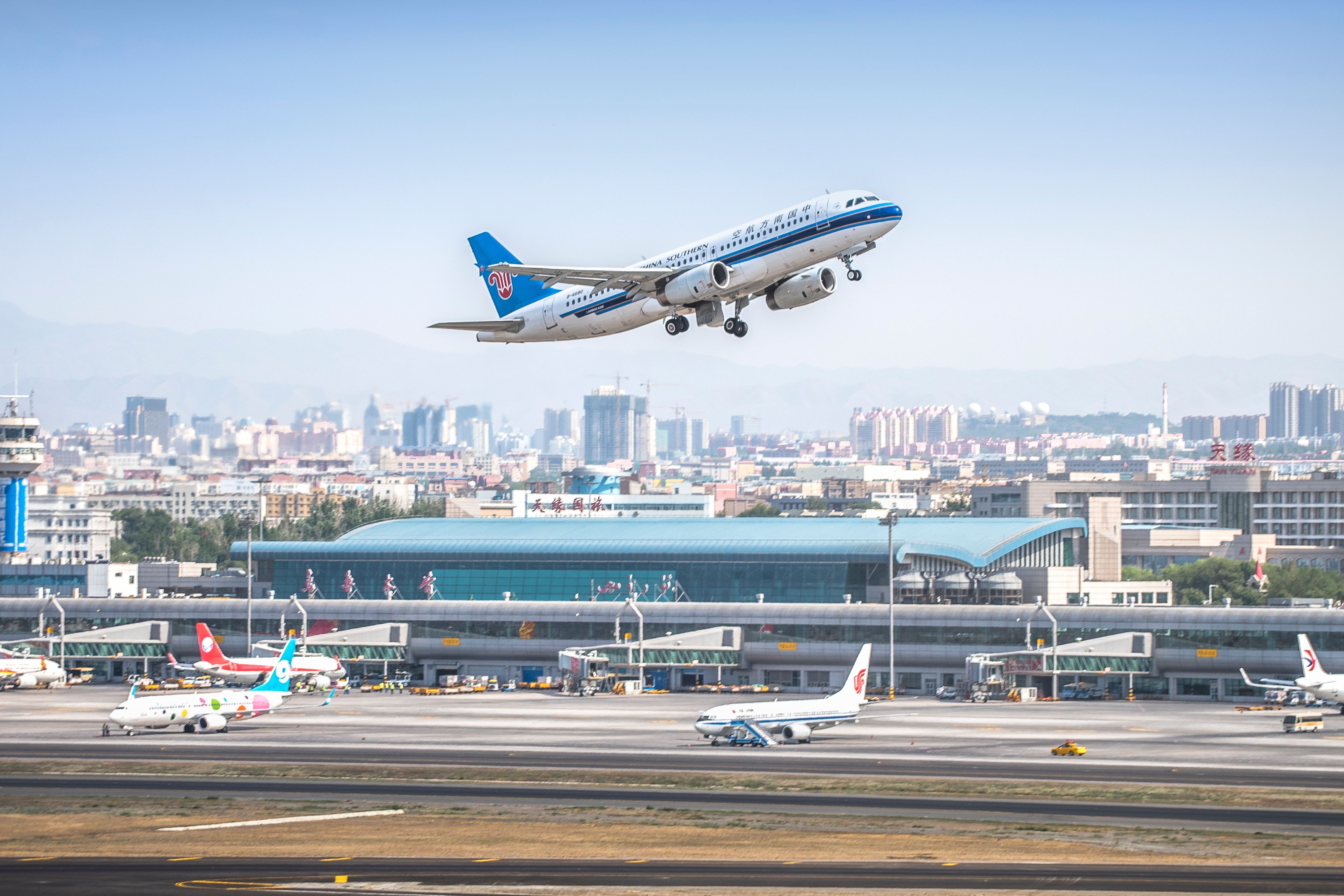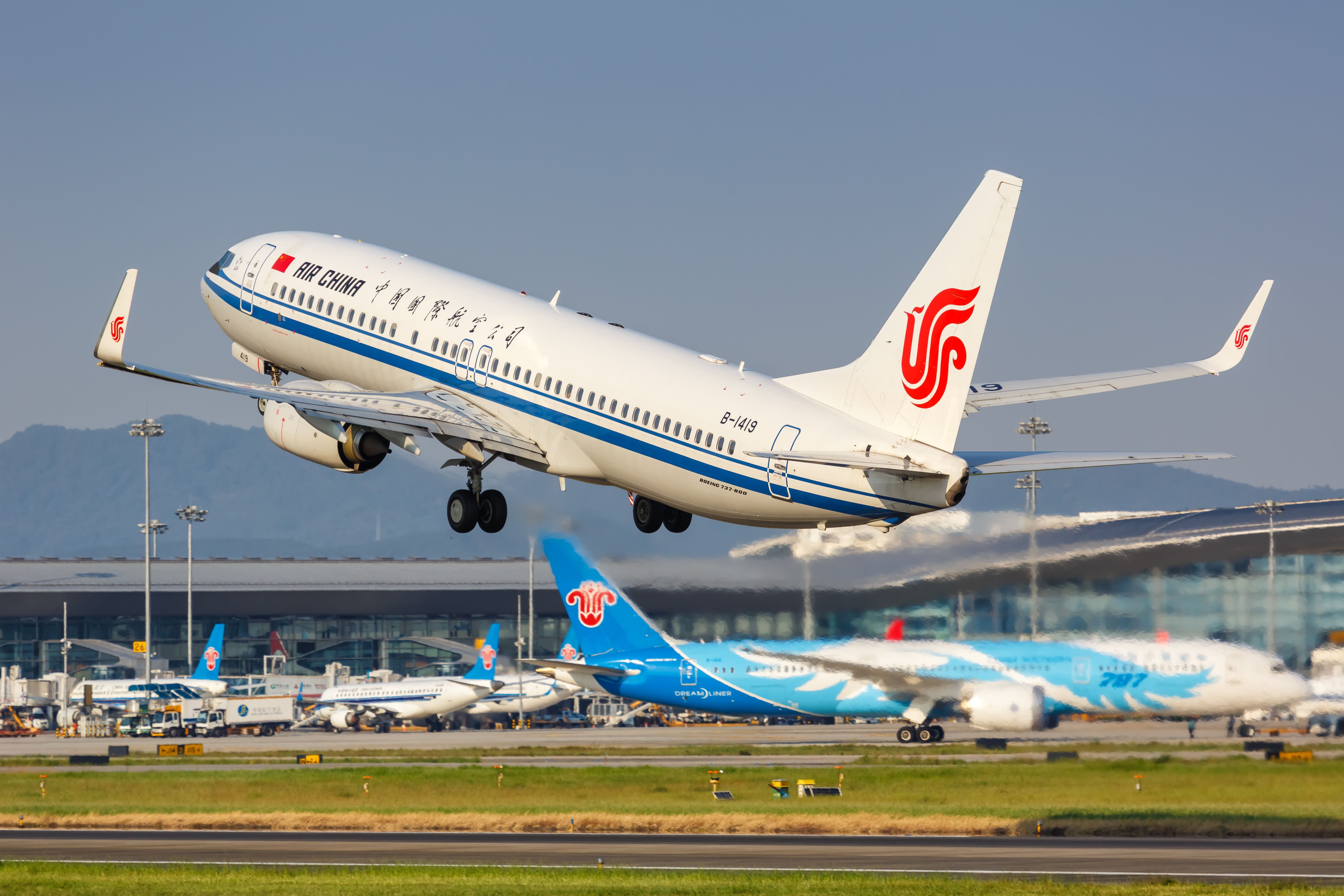It has been reported recently that the State-owned Assets Supervision and Administration Commission (SASAC) of China's State Council has imposed a low-price restriction on seven Chinese state-owned airlines under its jurisdiction, requiring these airlines to not sell tickets at a price lower than 40% of the full price on their major routes with larger market share.
There is no official relevant document on the SASAC official website. However, according to Caixin, a well-known Chinese financial media, it learned from multiple airlines and industry insiders that the notice was true, and it has been notified verbally to the airlines.
It is reported that the three major airlines suspended their ultra-low price policy on February 3rd and adjusted in the early morning of February 6th.
High ticket prices during the off-season
It is reported that the price restriction is imposed on the domestic routes with more than 65% market share belonging to the seven state-owned airlines, which is about 2000 nationwide. If the market share is more than 75%, the price of the carrier will not be lower than 50% of the highest full-price carrier (connecting routes are not regulated).
For example, on the Guangzhou-Beijing route, the Y-class price of Air China is 2,000 Yuan (294 US $), which is the highest among the seven carriers. Therefore, under the latest policy, the price should not be lower than 40%, which is 800 Yuan (117.4 US $).
Simple Flying searched Beijing-Shanghai air tickets and found that on February 12th, the lowest price was from China United, with a discount of about 35% of the full price. The lowest discount for China Eastern and China Southern were 65% and 67%, respectively.
For other major routes like Beijing-Shenzhen, and Shanghai-Guangzhou routes, the prices of recent flights of Air China, China Eastern, and Xiamen Airlines do not fall below a 40% discount.
Find more news about Asian aviation here.
Different opinions around the topic
Due to low market demand, low-priced tickets are very common in China during the pandemic. Many airlines have launched low-priced promotional activities such as "1 Yuan tickets" and "9.9 tickets". Government departments, including the Civil Aviation Administration of China (CAAC), have also imposed restrictions on low-priced tickets.
In September 2021, the CAAC said at a press conference that it would avoid malicious competition to cause "cabbage prices" for tickets. However, there have been no public documents on how to limit low prices.
According to the latest report, CAAC has stated that they have not made such a request to the airlines.
On the other hand, this administrative intervention measure may constitute an administrative monopoly. Still, it can also be interpreted as a market behavior of SASAC as a major shareholder to influence the price policy of its subsidiaries.
The Anti-Monopoly Law of China currently does not have a specific definition of administrative monopoly, only stipulated in Article 8 that administrative authorities and organizations with the function of managing public affairs authorized by laws and regulations shall not abuse administrative power to exclude or restrict competition.
The current market-oriented pricing model for civil aviation tickets was formed in 2004. The Civil Aviation Domestic Air Transport Price Reform Plan issued that year stipulated that the domestic air passenger transport fares should be based on an average of 0.75 Yuan (0.11 US $) per person per kilometer, and the specific prices should be determined within a range of 25% increase and 40% decrease.
After 2004, the CAAC continuously expanded the scope of market-based pricing routes. By 2013, the CAAC and the National Development and Reform Commission further specified that the domestic routes with passenger transport tickets subject to government-guided prices should have no restrictions on reducing the ticket price.
Therefore airlines can base on the benchmark price to autonomously determine the ticket price level within a floating range with no more than a 25% increase and no limit for decrease. This also serves as the basis for the current ticket pricing of China's civil aviation market.




